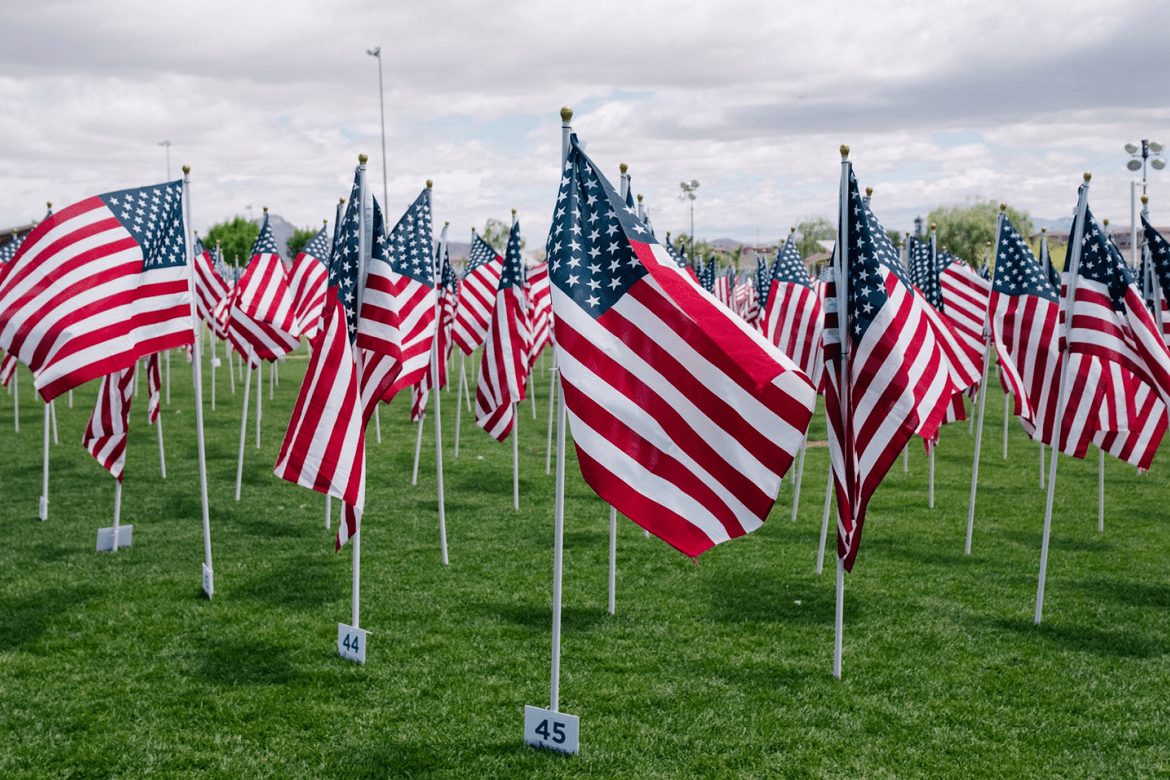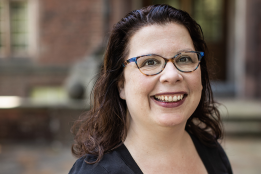Immigration inequality in the U.S.

David Hernández, associate professor of Latina/o studies at Mount Holyoke, discusses the biases against Black and Muslim applicants for U.S. citizenship.
A new study of naturalization data shows that there are implicit biases in who gets approved for United States citizenship. Looking at data from 2014 to 2018, the analysis shows that women are favored over men, white people are favored over people of color and non-Muslims are favored over Muslims.
David Hernández, associate professor of Latina/o studies at Mount Holyoke College, discussed the study with Scientific American. “It’s a really important example of the inequality embedded in the immigration system,” he said.
Naturalization may seem to be a beneficial immigration process, but it has a long history of bias. “One of the oldest statutes in the United States is the 1790 Naturalization Act that created a white racial prerequisite,” Hernández said, and some form of official discrimination within the naturalization process persisted well into the mid-twentieth century.
